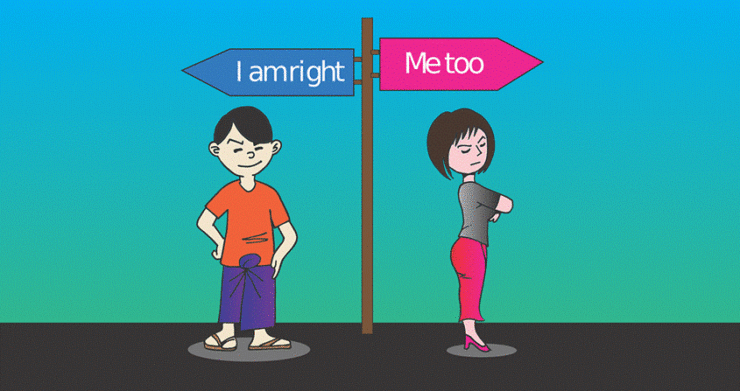
In order for us to be assertive, we need to create clear boundaries between us and other people. In the previous post about assertiveness, I explained that assertiveness is the ability to express our needs and desires without hurting others and that this skill is important, yet nobody learns it at school. In this post, I will describe the things we do (and should not do) that sacrifice our own best interest and let other people into our personal space.
In order to be assertive, we must understand that everyone is entitled to his or her own thoughts, beliefs and actions. At the same time, we do not have to accept them as applicable to us. We should always stick to the things that are important to us and take care of ourselves first.















